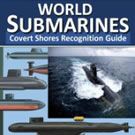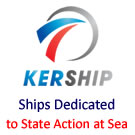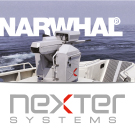 The new class of coastal command patrol boats is based on the future US Navy Mark VI patrol boat currently being built by Safe Boats International. 5 MK VI boats have been ordered by the US Navy. |
|||
New coastal command patrol boat with increased capability delivered to US Navy
- Posted On













